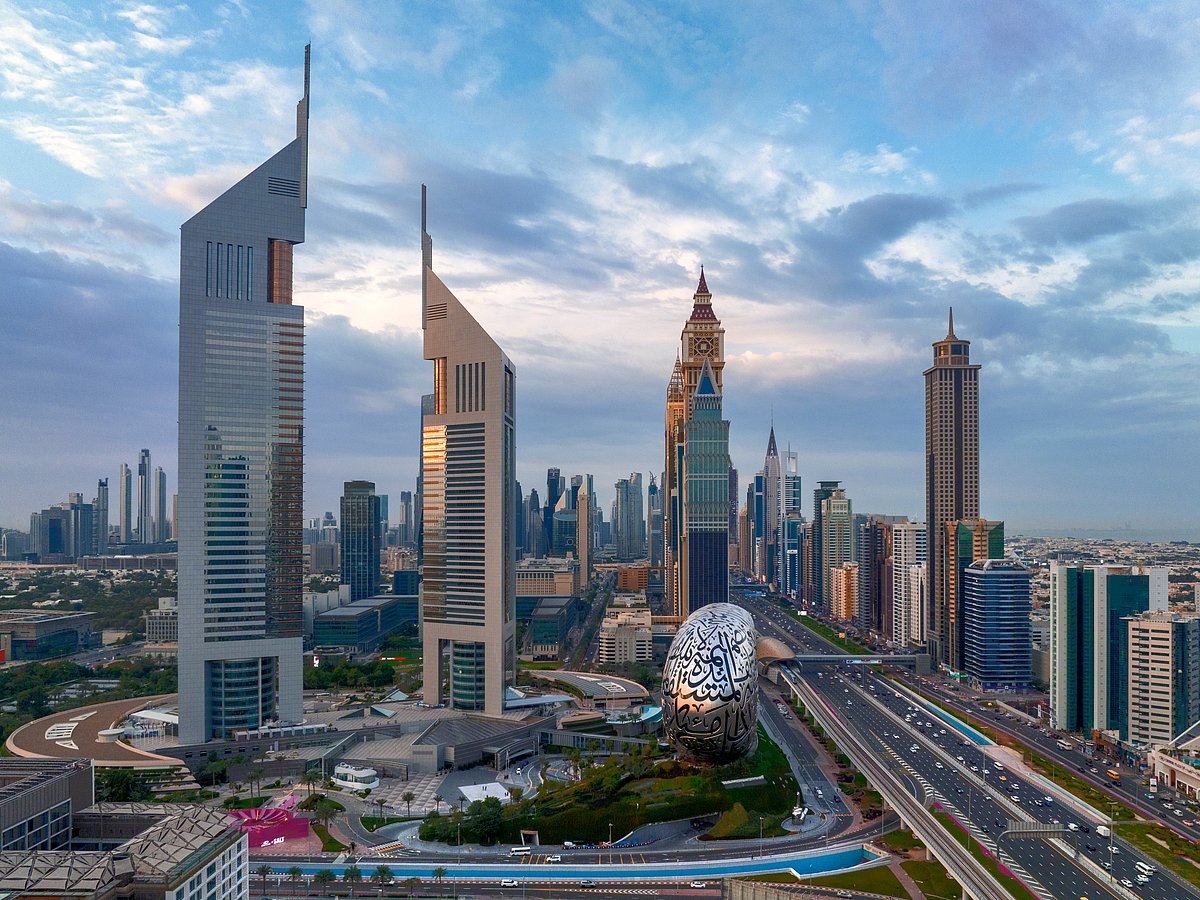Dubai: Gulf cities are surging in global rankings for livability, innovation and infrastructure investment, according to Kearney’s 2025 Global Cities Report. Dubai led the region, placing 23rd globally and maintaining its position as the MENA leader, while Abu Dhabi, Riyadh and Manama recorded some of the strongest year-on-year gains worldwide.
The Global Cities Index (GCI) assesses 158 cities on business activity, human capital, information exchange, cultural experience and political engagement. While New York, London, Paris, Tokyo and Singapore retained the top five positions, Gulf cities rose sharply as transformation strategies accelerated investment in digital infrastructure and quality of life.
Rudolph Lohmeyer, Senior Partner at Kearney’s Global Business Policy Council and Head of the National Transformations Institute, said the shift reflects how cities are being redefined by adaptability, not legacy. “What’s striking in this year’s results is not just which cities moved up or down, but why. Cities are no longer defined by legacy advantages or sheer scale. Their competitiveness now rests on how well they can cultivate talent, build trust in digital systems, and design livable environments that can withstand volatility. The Gulf’s trajectory is a clear example of how aligning these factors can change a city’s global standing in just a few years,” he said.
In the Gulf, Riyadh advanced eight places to 56th, supported by economic diversification and global connectivity. Manama climbed ten places to 125th, reflecting Bahrain’s growing regional competitiveness, while Abu Dhabi and Dammam saw among the highest improvements in human-capital metrics, supported by education and immigration reforms.
The accompanying Global Cities Outlook (GCO), which measures future potential, ranked Munich, Seoul and Singapore in the top three globally, but noted that Dubai, Riyadh, Doha, and Manama all posted steady upward movement. Their progress, the report found, was fuelled by sustained investment in innovation, infrastructure and environmental resilience, factors that are increasingly shaping global city competitiveness.
Brenna Buckstaff, Principal at Kearney Foresight, said Gulf cities are translating long-term agendas into measurable progress. “Their rise reflects sustained investment in talent, infrastructure and environmental resilience, foundations that are strengthening their global competitiveness in the intelligence age.”
Kearney’s report states that the next era of urban leadership will depend on how well cities align energy, livability and human capital to harness the opportunities of artificial intelligence while mitigating its disruptions.
Sign up for the Daily Briefing
Get the latest news and updates straight to your inbox
Network Links
GN StoreDownload our app
© Al Nisr Publishing LLC 2026. All rights reserved.
